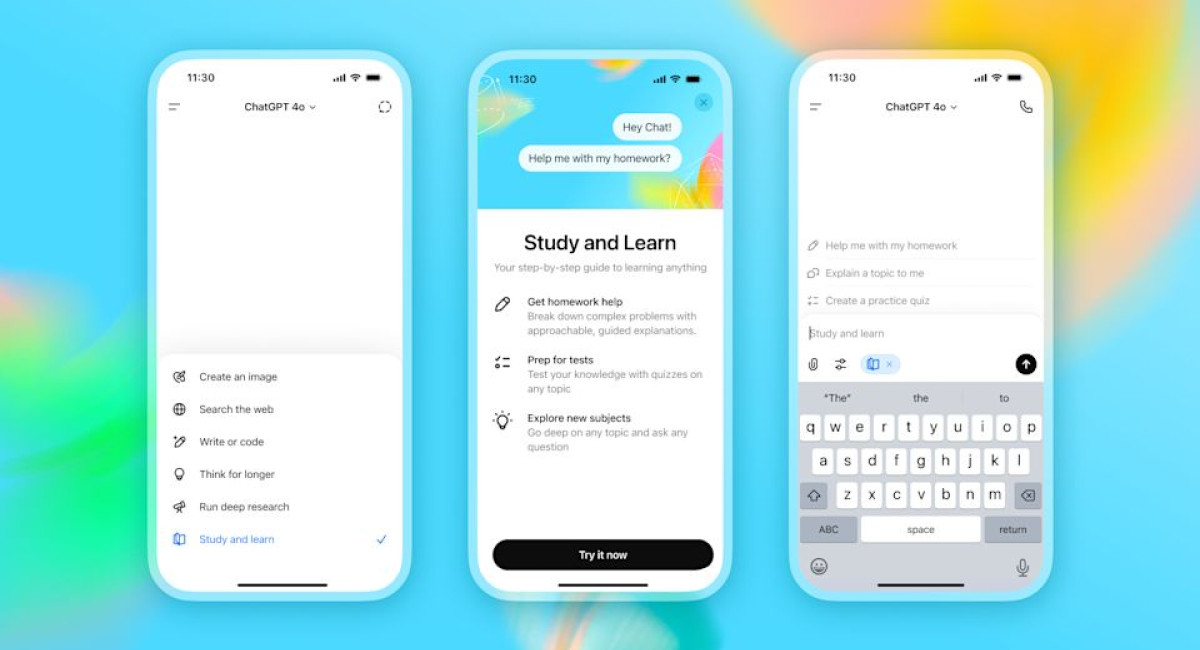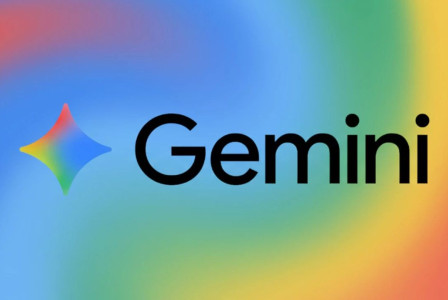SEARCH
OpenAI introduces Study Mode in ChatGPT to promote deeper learning among students

SHARE IT
OpenAI has unveiled a new feature for ChatGPT called Study Mode, aiming to shift the chatbot from simply delivering answers to becoming an active guide for student learning. In response to growing concerns about AI-assisted cheating, particularly in U.S. colleges, this new mode is designed to foster critical thinking and deeper understanding rather than enabling shortcuts.
Study Mode takes inspiration from the Socratic method—a technique long used in education that encourages learning through questioning. Instead of immediately answering a question, ChatGPT now starts a dialogue with the user by posing thoughtful questions that help clarify the student’s objective and current level of understanding. From there, the chatbot offers support through a structured, step-by-step process, gradually building up information in a way that mirrors how students naturally absorb knowledge.
The interaction follows what OpenAI describes as a “scaffolded” approach. This means that the chatbot reveals information gradually, layering complexity only when the user is ready to handle it. This design prevents the user from being overwhelmed and helps maintain focus on the learning process, not just the end result.
According to OpenAI, Study Mode was created with input from educators, scientists, and experts in pedagogy. Rather than relying on a completely new underlying AI model, the feature works using tailored system instructions that reshape how ChatGPT interacts with users in educational settings.
"We chose this approach because it allows us to learn quickly from real student feedback and improve the experience accordingly — even if that means there might be some inconsistencies or occasional errors in conversations," the company explained. OpenAI added that once it gathers enough insight into what works best, the team plans to train this behavior directly into future versions of its core models.
Interestingly, OpenAI isn’t restricting access to this feature to its ChatGPT Edu tier, which was launched earlier this year to support schools and universities. Instead, the first wave of the Study Mode rollout is targeting all logged-in users — including those on the Free, Plus, Pro, and Team plans. Edu subscribers are expected to receive access in the coming weeks.
A key element of the mode is that it remains entirely optional. Users can activate or deactivate it with a simple toggle, making it a flexible tool for those who genuinely want to deepen their learning rather than just collect answers.
The timing of the launch comes amid increased scrutiny of AI’s role in academia. A recent investigative article in New York Magazine spotlighted how widespread the use of AI tools has become among college students — not just for assistance, but often for full-on academic dishonesty. Against this backdrop, OpenAI appears to be positioning Study Mode as a more ethical and constructive alternative — one that uses AI as a tutor rather than a crutch.
The company says it is not stopping here. Future improvements to Study Mode are already in development, including the ability to personalize the experience based on the student’s learning goals and habits. OpenAI is also experimenting with features that would allow users to set learning objectives and track their progress across different sessions — a potentially powerful feature for students working on long-term academic goals.
While it's too early to say how widely Study Mode will be adopted, its availability across all major ChatGPT user plans gives it the potential to impact a broad base of learners. Whether students will choose to engage with it instead of seeking direct answers remains to be seen, but the option now exists for those who want to learn not just faster, but better.
MORE NEWS FOR YOU

 Help & Support
Help & Support 

